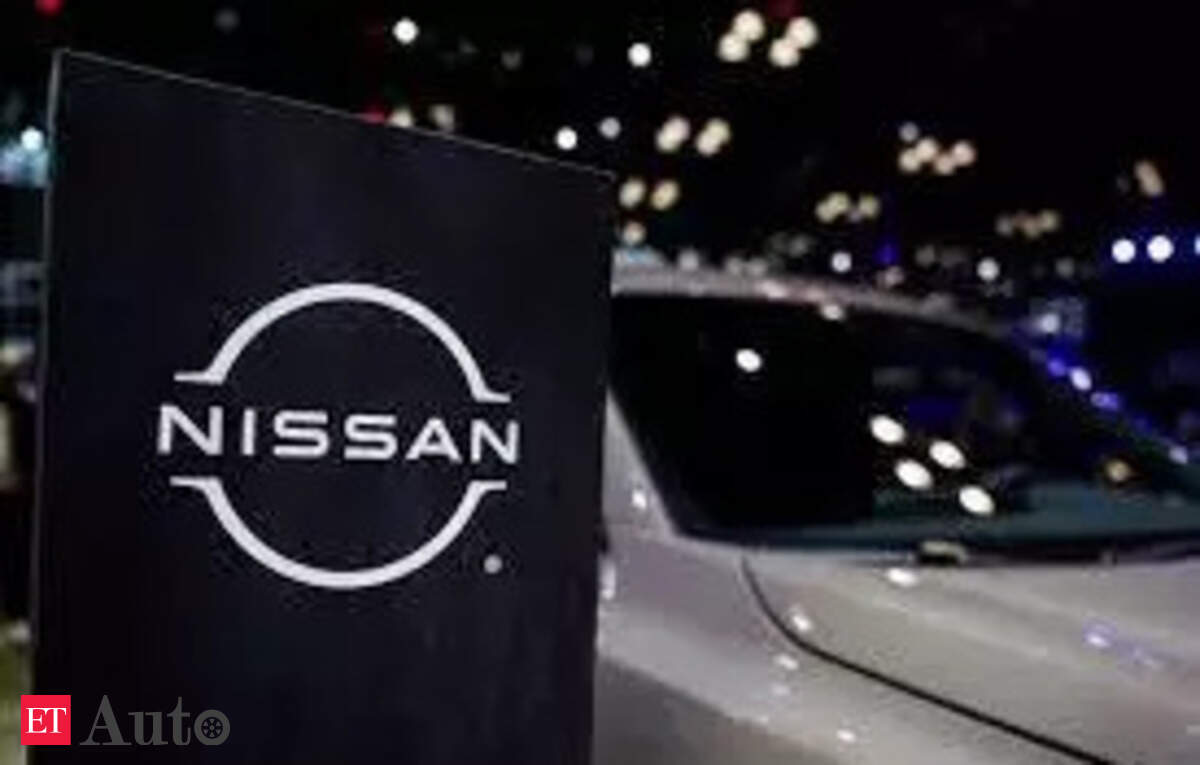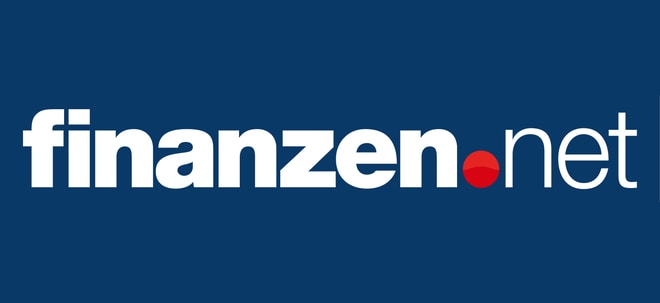South Africa: U.S. Anti-Terrorism Cases Against MTN Group Put Multinationals in Peril - allAfrica.com
In April 2025, legal scholars raised concerns about the ongoing Iran-related terrorism cases against the MTN Group in the US court system. Professor Jeffrey Breinholt of George Washington University even went so far as to express his belief that MTN Group may have committed securities fraud. A few weeks ago, MTN Group experienced another unwelcome development. After more than a decade in the South African courts, the South African Supreme Court of Appeal ruled that South African courts have jurisdiction to hear a separate Iran-linked bribery case brought against MTN Group. Its legal woes mounting, legal scholars are now saying that multinational companies should do more to notify their own shareholders of the risks of their own business partnerships with the MTN Group. That includes US financial services companies (e.g., BNY Mellon; Mastercard), professional services companies (e.g., Accenture; Covington & Burling; Deloitte), and technology companies (e.g., Apple; Meta; Microsoft).
On 17 March 2025, the MTN Board of Directors authorized the most recent version of its Annual Financial Statements. That report disclosed that MTN Group is involved in a total of five Anti-Terrorism Act (ATA) cases in US courts.
One of those cases is Zobay v. MTN Group Limited. That case alleges that MTN Group is legally responsible for damages involving "a group of American citizens killed or injured by terrorist attacks in Iraq and Afghanistan between 2011 and 2019."
On 28 September 2023, the plaintiffs passed the first major legal hurdle in their case when a United States District Court ruled that they had plausibly stated a claim for aiding and abetting liability against MTN Group, and the court denied a motion to dismiss MTN Group from the case.
That order carries political implications for President Cyril Ramaphosa, who served as the MTN Chairman of the Board from 2002 to 2013. That means that he was at the helm when some of the aiding and abetting-related claims are said to have occurred. According to William Saunderson-Meyer, "MTN's close connections to the (African National Congress) elite" creates "a gigantic political problem" for South Africa.
Despite losing the motion to dismiss, the Annual Financial Statements reported that the company had assessed the risks associated with ATA cases as "remote," and therefore, no contingent liabilities had been disclosed.
"From a governance and risk disclosure standpoint," Professor John Katsos of American University of Sharjah argues that "the prudent approach" would have instead been "to treat this litigation as a non-remote contingency and disclose the potential financial and operational impacts." By pursuing an alternative approach, Katsos warns that the MTN Group has now created the risk that the annual financial statements could "later be deemed misleading to investors," which could lead to further litigation that "would need to wind its way through the courts."
Those risks are problematic for the newly appointed South African Special Envoy to the United States, Mcebisi Jonas, who was the MTN Chairman of the Board when the most recent annual financial statements report was authorized. As MTN Chairman of the Board, Jonas had a fiduciary responsibility to protect the interests of MTN Group as well as its shareholders. This included ensuring that the Board of Directors exercised proper oversight of the Annual Financial Statements.
Over the past few years, MTN has established business relationships with several multinational corporations that have a US jurisdictional nexus. Prominent examples include Accenture, Apple, Bank of New York Mellon, Ericsson, Deloitte, Genesys, IHS Towers, Mastercard, Microsoft, and Meta, which operates Facebook, Instagram, Threads, and WhatsApp.
Now that a United States District Court has denied the motion to dismiss MTN Group from Zobay v. MTN Group, Professor Breinholt warns that these companies face significant risks in doing business with MTN Group. Breinholt is a former US government official who spent over two decades working on counterterrorism and national security law in the US Department of Justice. He is also the editor of "Pursuing terrorists in US civil courts: the Encyclopedia of ATA cases."
With the United States District Court order in the public domain, Breinholt says that multinational companies "can't very well say that they didn't know about" the risks associated with doing business with MTN Group.
The risks include legal risks.
"The Zobay order's recognition that the plaintiffs 'plausibly stated a claim for aiding-and-abetting liability" under the Anti-Terrorism Act (ATA)raises serious concerns for US companies maintaining relationships with MTN Group," explains Katsos. "From a legal standpoint, any American entity continuing business with MTN after this finding risks secondary liability under the ATA if it can be shown that they provided substantial assistance to if MTN is ever found liable for terrorism-related harms (which it hasn't been)," continues Katsos. "This could include supply chain providers, professional services firms, or technology companies."
The risks also include reputational risks.
"Any time you have a company that relies on its reputation," notes Breinholt, "there is a risk of harming that reputation by meddling with companies accused of engaging with terrorists." Breinholt cautions that the legal and reputational risks vary by sector. This is because plaintiffs tend to target the "deep pockets" when it comes to ATA cases, such as financial services companies and social media companies.
Aside from the risks, there are also ethical concerns.
"From a business ethics perspective, continued partnership - absent rigorous due diligence and robust mitigation measures - could imply complicity in or willful ignorance of alleged misconduct," maintains Katsos. "Firms must now consider whether their relationships uphold standards of human rights due diligence and responsible business conduct, particularly under frameworks like the UN Guiding Principles on Business and Human Rights (UNGPs) and in certain markets."
Multinational corporations in the MTN partner ecosystem appear to be somewhat hesitant in responding to questions about managing the risks arising from their business relationships with the MTN Group. Apple, Bank of New York Mellon, Ericsson, Genesys, IHS Towers, and Microsoft, were provided an opportunity to comment for this report. However, none responded with a comment before filing. Those who are willing to respond tend to be brief in their comments.
A Deloitte representative stressed that Deloitte Africa, not Deloitte US, is part of the MTN Group ecosystem, and "Deloitte US is separate and independent from Deloitte Africa."
A Mastercard representative sought to clarify that the company wanted "to be clear that our relationship is with MTN Group Fintech, an entity specifically focused on the African continent," and all of their "activities - including supporting the expansion of digital payments across the continent - are guided by strong governance standards and internal controls."
An Accenture representative provided the boilerplate response, "Accenture is a global company committed to conducting business responsibly, which includes reviewing where and who we do business with. We are committed to complying with sanctions laws in the jurisdictions in which we operate, including sanctions administered and enforced by the US, UN, and EU. This commitment extends to compliance with Iran-related sanctions."
According to a Meta spokesperson, "Like many other American companies, we work with MTN Group, the largest mobile provider in Africa. Meta does not have, and has never had, any commercial relationship with MTN's Iran subsidiary and our work with MTN itself explicitly excludes Iran."
Legal scholars express skepticism about how some multinational corporations frame the terrorism litigation risks associated with their business relationships with MTN Group.
"It is well established that ethically and also in very many legal contexts that companies are responsible for the actions of their subsidiaries and affiliates," said Michael Santoro, Professor of Management and Entrepreneurship at Santa Clara University.
"Legally, the separation between Deloitte US and Deloitte Africa might offer some insulation, but it does not absolve Deloitte US entirely," adds Katsos. "If there is any financial, managerial, or operational entanglement, or if Deloitte US benefits from revenues or reputational capital generated through Deloitte Africa's work with MTN, plaintiffs could argue contributory involvement; not an easy argument to make by any means and, depending on the facts (which we don't have as of yet) unlikely to succeed." Katsos takes a more nuanced stance on Meta. Assuming that Meta excluded MTN Irancell from its strategic partnership with the MTN Group, Katsos says that this "indicates a proactive risk mitigation step that could reduce exposure." From a purely "legal perspective," that, in turn, "shows a wariness of potential ATA liability and a deliberate move to avoid facilitating activity connected to sanctioned or high-risk entities."
From an ethical perspective, Katsos says that it also "signals that Meta is attempting to navigate the complexities of operating in geopolitically sensitive regions while honoring international norms." However, he cautions. 'that "may not be sufficient if MTN Group's broader actions remain problematic (again, yet to be evidenced in court)."
"The parent group, MTN Group, is being sued," explains Santoro. "As a matter of corporate social responsibility, the parent is ethically and legally responsible for its subsidiaries and affiliates. This is not a close or complicated case in this regard. If the facts as alleged are true, then the reputational risks of MTN strategic partnerships extends to relations with the parent."
Generally speaking, Katsos is of the opinion that it is essential to draw a distinction between business relationships established before and after 28 September 2023.
"Legally, companies that entered into partnerships after the Zobay order may face greater exposure," observes Katsos. That is because that "ruling establishes a clearer line of foreseeability: it would be difficult for a post-September 2023 partner to argue ignorance of potential ATA implications."

Sign up for free AllAfrica Newsletters
Get the latest in African news delivered straight to your inbox
Either way, Katsos argues that multinational corporations in the MTN partner ecosystem should treat corporate disclosure of the risks associated with the MTN terrorism litigation as "essential from both a fiduciary and ethical perspective." That is because shareholders "have a right to know the risk exposure of ongoing business activities - especially when those activities could result in litigation, regulatory action, or reputational damage."
The MTN terrorism litigation raises novel corporate social responsibility (CSR) issues that Katsos says revolve "around indirect complicity in conflict zones."
"Traditionally, CSR has focused on direct violations (e.g., labor practices, environmental harm)," emphasizes Katsos, but "the MTN case underscores the evolving expectation that firms must consider how their business relationships affect peace, security, and human rights in fragile regions."
The MTN terrorism litigation also carries serious implications for national security, foreign policy, and trade and investment interests of the United States.
"The average American should care for two reasons," Katsos said.
One is because their retirement funds, pensions, or consumer dollars may be invested in companies that - knowingly or unknowingly - support enterprises allegedly linked to armed groups or terrorism.
Another is because the alleged conduct "undermines US foreign policy goals by damaging America's international reputation, which (was) the same primary justifications for passage of the US Foreign Corrupt Practices Act, which had been (up until recently) one of the best examples of America's moral leadership in international business."
"Very few Americans are aware of these lawsuits," said Santoro. "If the facts alleged turn out to be true," Santoro says, that US companies that are in strategic partnerships with MTN Group "will have a lot of explaining to do. Both ethically and in regard to the effect on their shareholders."
In the short term, media coverage of the MTN terrorism litigation could also impact the debate over Ramaphosa's appointment of Jonas as Special Envoy to the United States, potentially leading shareholders to demand that multinational corporations justify their business relationships with the MTN Group.
MTN Group was contacted for comment, and a company representative responded, "As the legal matter you referenced is ongoing, MTN Group will not be participating in interviews at this time."
Michael Walsh is a Non-Resident Senior Fellow in the Foreign Policy Research Institute's Africa Program.











